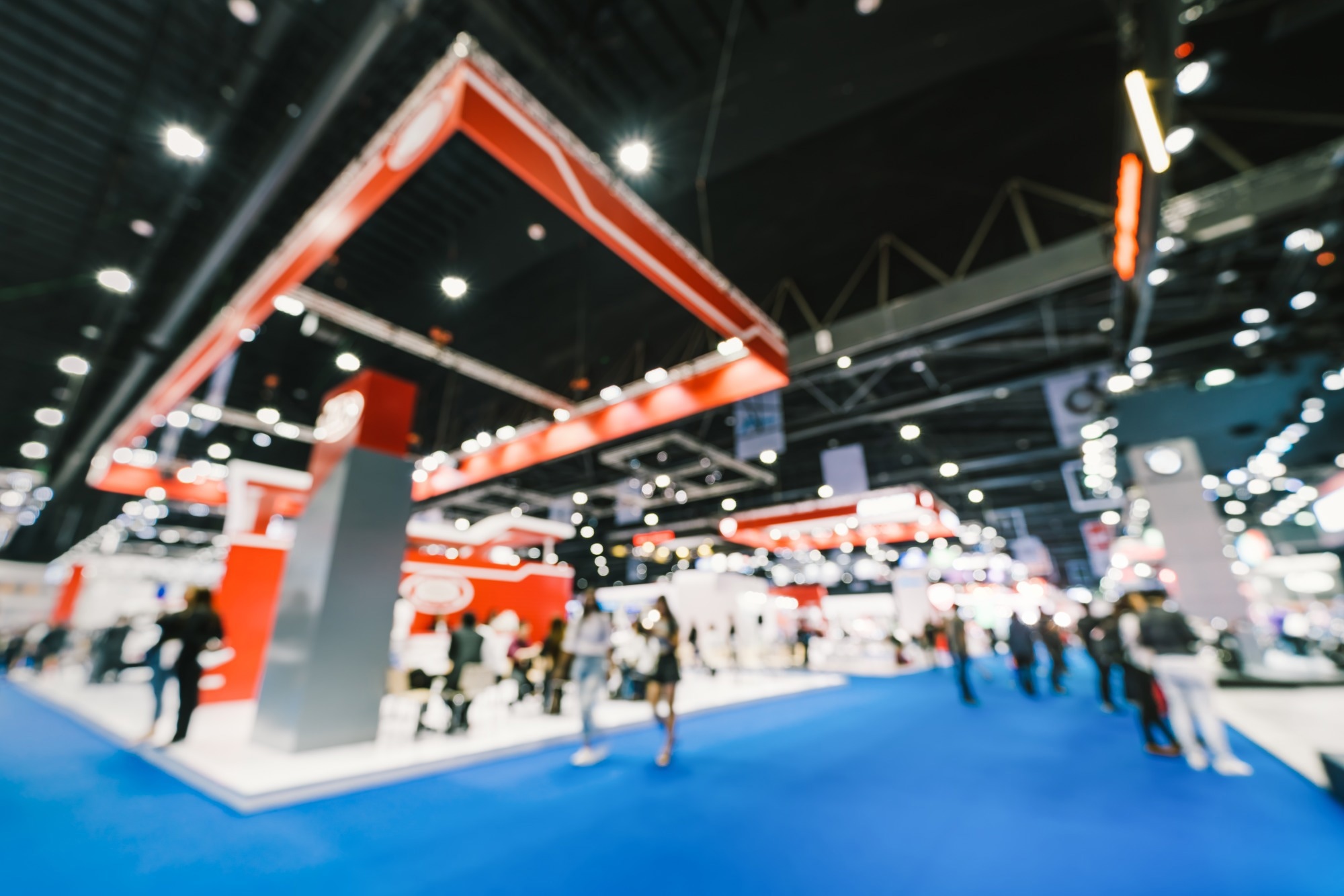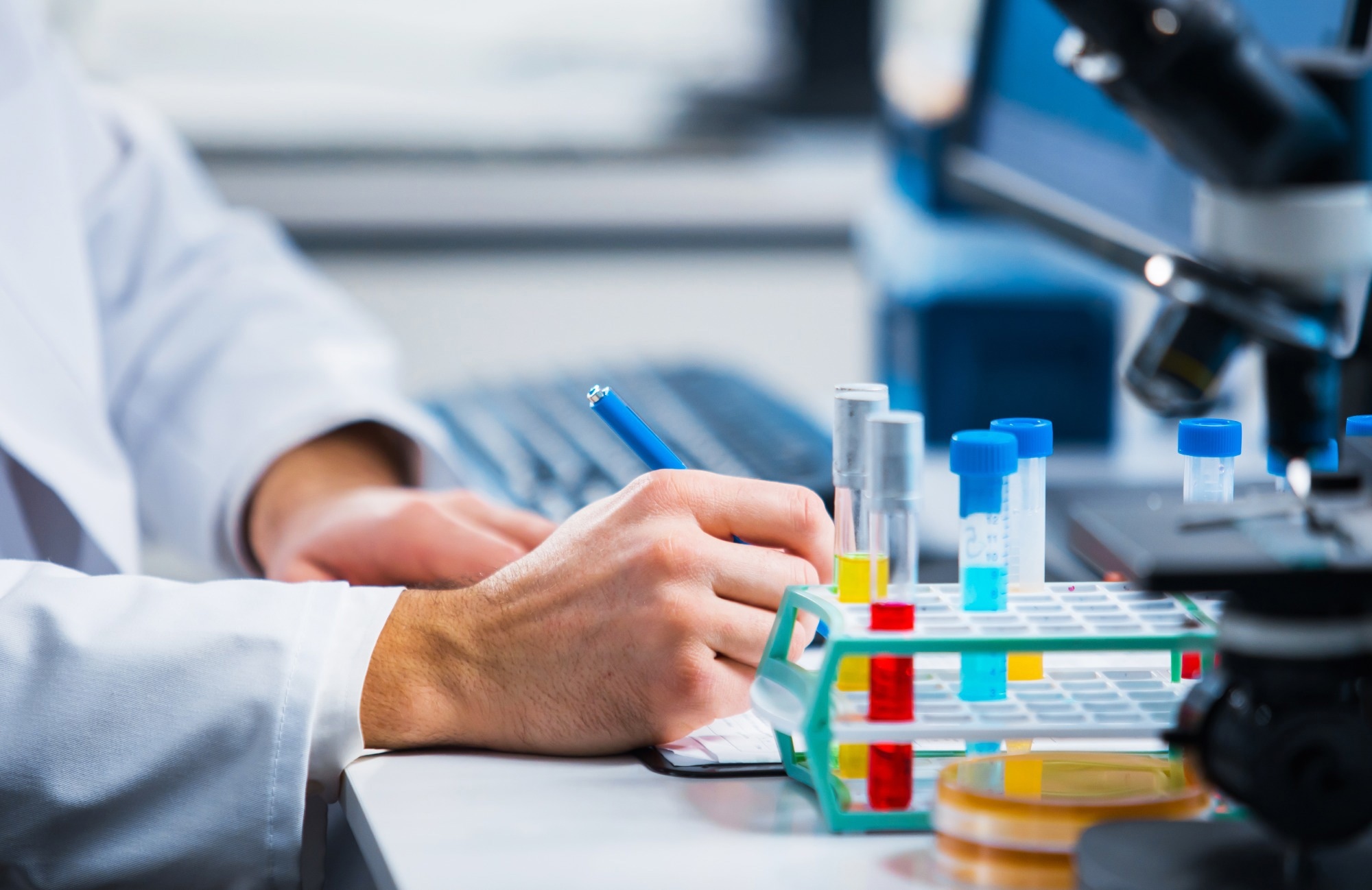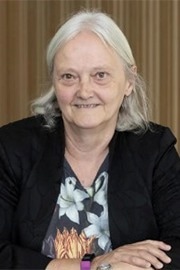In this interview conducted in anticipation of ELRIG UK's Drug Discovery 2023 Conference, we spoke to Professor Janet Hemingway, founding Director of iiCON and Professor of Tropical Medicine at Liverpool School of Tropical Medicine. Here we discussed what attendees can expect from Drug Discovery 2023 and gained insight into her perspective on the current drug discovery landscape.
Please could you introduce yourself and tell us about your career to date?
I am Janet Hemingway. I'm the CEO of iiCON, the Infection Innovation Consortium, a partnership for industry, academia, and the National Health Service (NHS), trying to get new infectious disease products through to the market more rapidly.
I've had a 40-year career working in infectious diseases, from bench molecular biology to operational impact and helping run large-scale disease control programs throughout Asia and Africa.
It has been announced that you will be a keynote speaker at Drug Discovery 2023. What can attendees expect to gain from coming along to Drug Discovery 2023? What are you personally looking forward to the most?
From my perspective, attendees can look forward to being a part of exciting conversations concerning brand-new platforms that we've brought from early-stage drug discovery through the preclinical stages. These innovative platforms speed up preclinical activity and human challenge testing before phase one testing.
We don't do phase two testing, but once you get a little bit further down the track and are aiming to put products onto the market, we've got some large-scale randomized control trials that we're doing in a very different format. These trials reduce the cost of getting products into market and positively impact the products once they get there.
In sum, we're really interested in early-stage discovery all the way through that pipeline, trying to ensure that we speed up this process and that the products that come to market will have the greatest impact on reducing disease transmission.
I look forward to seeing firsthand how the landscape in this area has been changing rapidly, probably more rapidly than any time in the last 40 years I've been involved in this process.
Additionally, I look forward to understanding how the industry is moving in this space, how the regulators are getting to grips with that new regulatory environment, the shift to biotech from small molecules, what that means for discovery, what it means for formulation, and really to share some of my experiences from the different people who are going to attend.
 Image Credit: Urbanscape/Shutterstock.com
Image Credit: Urbanscape/Shutterstock.com
Can you share the primary focus of your keynote address at Drug Discovery 2023 and how it aligns with the conference's theme of 'diverse thinking and new perspectives'?
I will start talking about the early-stage discovery work we've got moving through into the organoid testing. We've been trying to triage molecules coming into our system. I will also discuss moving away from animal models, although they are needed in some parts of the program.
We are looking at developing state-of-the-art organoids where the organoids are talking to each other immunologically to get a real handle on whether the molecules we're bringing through the program will work in human tissues early in the process. Then, we've got a couple of new exciting developments within iiCON.
One of them has been announced in the press already, the other of which I guess you've got the scoop on now is that Life Arc has joined us as a partner, so we can now offer humanized antibody services within iiCON and the platform there.
We've also got the Center for Long Lasting Formulations, which joined us last week and will bring new formulation technology to our platforms.
So not only can we help companies with that early-stage discovery, but we can also help them get the best formulation for the disease they want to control.
As the Founding Director of the Infection Innovation Consortium (iiCON), could you elaborate on how collaborations between academia, industry, and clinical partners can accelerate the discovery and supply of anti-infective treatments?
I think collaboration is essential. If you look at the infectious disease landscape, you realize very quickly that it's been an area that has been under-invested for a very long time by the industry because the profit margins haven't been there.
Thus, a lot of the expertise in this area migrated and stayed in the academic base, and then there was a disconnect between the academic base and the industry. This means you didn't get the pull-through that you should have of new anti-infectives coming through. And where industry did start picking up the challenges to develop new anti-infectives, it tended to be small companies rather than big multinationals. They don't have the resources or the depth and breadth of expertise to take these molecules through.
So iiCON was born out of understanding those issues and making sure that we could connect up the right academic expertise in the right format with the expertise that we've got in the small and large company base where it's still engaged and pull that through into the NHS and the clinical trial testing.
So, by putting all those elements together and getting them to work together very closely, we have brought 28 new products to market through a series of grants and other programs in the three years we've existed.
We've got four products entering phase one clinical trials already, and we've got three huge randomized control trials operating, one of which has already done its interim reporting. On the back of that, we've already changed the WHA policy over how those products should be used globally.
So I think you can see just in a very short period of time, by putting together those different elements in a network, you can do way more than any of those elements could do independently.
One year of iiCON
With your extensive experience as a senior technical advisor on Neglected Tropical Diseases for the Bill and Melinda Gates Foundation, what insights can you provide about the biggest challenges faced in drug discovery? How can events like Drug Discovery 2023 benefit researchers in the field?
Funding is always a problem, not particularly in the early stages, but to support later stage trails. Many products are coming into the pipeline, but how do you triage those down to a very small number that you can actually take into clinical trials?
Then, we find that many things get stuck after you've done a phase one clinical trial. Even if it's successful, the cost of phase two is completely out of reach, or many of the funding mechanisms available for them to go through to that next stage.
So we're working very hard at the moment to see how we can reduce that cost, how we can broker partnerships, how we can look at new funding mechanisms to actually start and pull some of these things through because we can't afford to lose things at that stage given the need that is out there globally for some of these molecules coming through.
I think that's exacerbated because as you now get the new biotech molecules coming through and new modalities, making sure that the regulators are up to speed and can take those through the regulatory process and understand what is needed isn't straightforward. So we thought we would be doing much academic and industry work.
In fact, a huge amount of our work over these last six months has been with different regulatory agencies, understanding where they are, how we can work with companies to get their dossier in the right shape, and how to align molecules.
For example, those primarily aimed at the African market need to get through the European or US regulatory systems in the right format to access those African or Asian markets.
Events like Drug Discovery help researchers break communication and collaboration challenges, especially since the pandemic. I think it's bringing people together and getting people talking together. We all lived through COVID. We were very busy and were beavering away in the labs over that period, but we spent much time looking at our computers and talking with people we largely knew on teams meetings.
I think it's great getting back to face-to-face meetings and putting people together in the same room so we can start and spark a lot of that creativity that got lost a little bit as we were going through that lockdown period. When you look back at it several years later, you didn't get that one-to-one interaction that starts a whole chain of events.
The concept of "diverse thinking" is a central theme of this year's conference. How do you believe diverse perspectives contribute to advancements in drug discovery, particularly in the context of combating infectious diseases?
So I think we've thought about different ways of doing things, and I think there were, again, going back to the COVID-19 pandemic, huge breakthroughs in other molecules were coming through, particularly for the vaccines. We know that there's been a drive for a long time in drug discovery away from that small molecule, small organic molecule starting points into biotech.
There is a lot of hype around AI and machine learning and what can go on there, but that needs to tie up with reality and how we can tap into that expertise and that knowledge base and a new way of doing things in the biotech space.
So I think it's rapidly moving at the moment. By actually getting different constituencies together, we can start and feed off each other and see how we make the best of these new modalities as we go forward.
The current landscape of drug discovery is influenced by technological advancements and interdisciplinary collaboration. How do you envision these factors shaping the future of drug development and therapeutic innovation?
I think they will become increasingly important as we go forward. So you can see that the landscape is changing right now. It's a really exciting time to be in. I always say to the youngsters coming through in the lab, I would love to be back in the lab and working, but it wouldn't be lab science as I knew it 40 years ago when I was starting down this track.
It's changed so much since then. So, looking at the skill base people need and how that will change over the next few years, I think, is a really fun thing to do. Hopefully, by the time we get to ELRIG, we will know a little bit more about the investment zone also coming to Liverpool.
Much of that will be around driving new investments into this space through better laboratory facilities and more up-to-date laboratory facilities for the drug discovery and development areas. That really will put a big market down in terms of ongoing state-of-the-art activity in the UK because we need to compete in that area.
But also, we're looking at a global need here. So we're part of a UK network and a broader global network that is moving these activities forward that's really exciting. It's great to be part of an industry that is changing and diversifying quickly.
As a respected figure in the field, what advice would you offer to early career professionals who are aspiring to make meaningful contributions to drug discovery and that might be considering attending Drug Disovery 2023?
I think talk to people. Don't be shy about doing that. If you're a junior person, I know sometimes it can be daunting when you think you don't know somebody, but it's a great kickstart for your career if you really sort of link up with people there who are doing things that you are interested in and where you can bring something to their team.
So use it as a great networking event, find out what is going on, and work out how to get involved because you never know where your career track will take you.
As a genetic student back in Sheffield in the 1970s, I certainly didn't believe I would be doing what I'm doing now 50/60 years later. So it's a great opportunity, and I think make the most of it.
 Image Credit: Maksim Shmeljov/Shutterstock.com
Image Credit: Maksim Shmeljov/Shutterstock.com
We look forward to seeing you at Drug Discovery 2023. Beyond this, what is next for you and your work?
While I'm enjoying what I'm doing, we are looking at trying to make sure that we get new technologies coming through to market. I need to make sure that iiCON is a big, sustainable program. It's already been running for three years.
We had a five-year grant from UKRI to get it moving, but I see this as a long-term consortium that will be there not just for five years but for the foreseeable future. So I need to make sure I've got that sustainability in place. Then we set up a small company and a spin-out from that, looking at getting new diagnostics to market with some new technology that I think will be game-changing.
Regarding these new potentially game-changing diagnostics, we've been looking at new sensor technology that will allow you, without needing to take a blood sample, to measure microfilaria circulating in peripheral blood. What we want to do with that technology is take it to the operational interface.
So you can take the device into villages, for example, in India, where filariasis is a problem, you can get people to wear it as they might wear a glucose patch or something like that, and you can track whether or not they're still infected with active filariasis.
That then allows you to look at the treatment. But if we can do that for microfilaria in peripheral blood, we can also do it for other things circulating in peripheral blood. So it's looking at how we develop that technology platform further to avoid needing clinical samples that have to go back to a laboratory to get that diagnosis moved to the patients or populations where the need is greatest.
So we need to ensure that we actually get that to commercialization, and it doesn't just stay in the lab.
Where can readers find more information?
About Professor Janet Hemingway
 Founding Director of iCON and Professor of Tropical Medicine at LSTM, Professor Hemingway was appointed the Director of LSTM in 2001 and stepped down in 2019 having overseen a period of exceptional growth of the organisation. This included the awarding of Higher Educational Institution Status & Degree Awarding powers to LSTM. She was awarded the Commander of the British Empire (CBE) for services to the Control of Tropical Disease Vectors 2012.
Founding Director of iCON and Professor of Tropical Medicine at LSTM, Professor Hemingway was appointed the Director of LSTM in 2001 and stepped down in 2019 having overseen a period of exceptional growth of the organisation. This included the awarding of Higher Educational Institution Status & Degree Awarding powers to LSTM. She was awarded the Commander of the British Empire (CBE) for services to the Control of Tropical Disease Vectors 2012.
She is a senior technical advisor on Neglected Tropical Diseases for the Bill and Melinda Gates Foundation (BMGF) and has 40 years' experience working on the biochemistry and molecular biology of specific enzyme systems associated with xenobiotic resistance. She has been Pl on projects in excess of £200 million including the BMGF funded Innovative Vector Control Consortium, the ERDF funded Formulations programme and the BMGF funded Visceral Leishmaniasis Elimination programme.